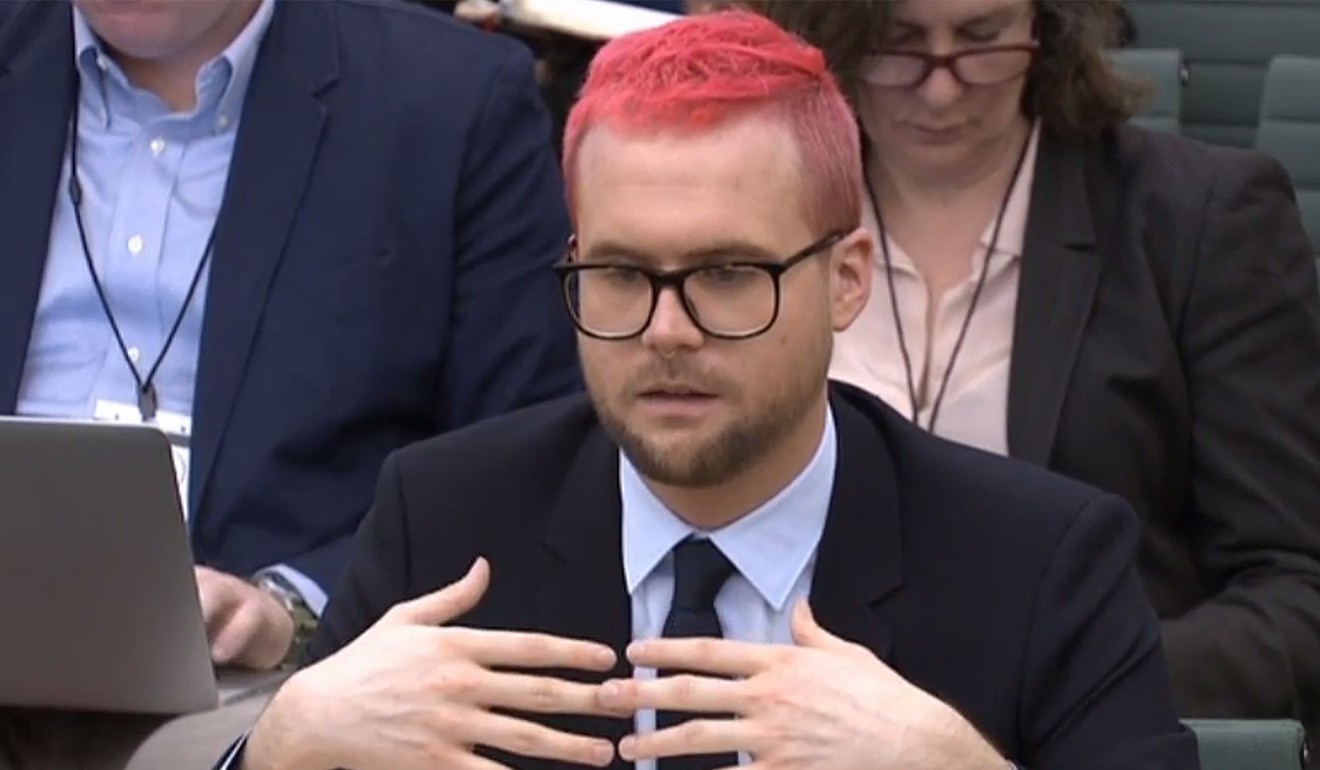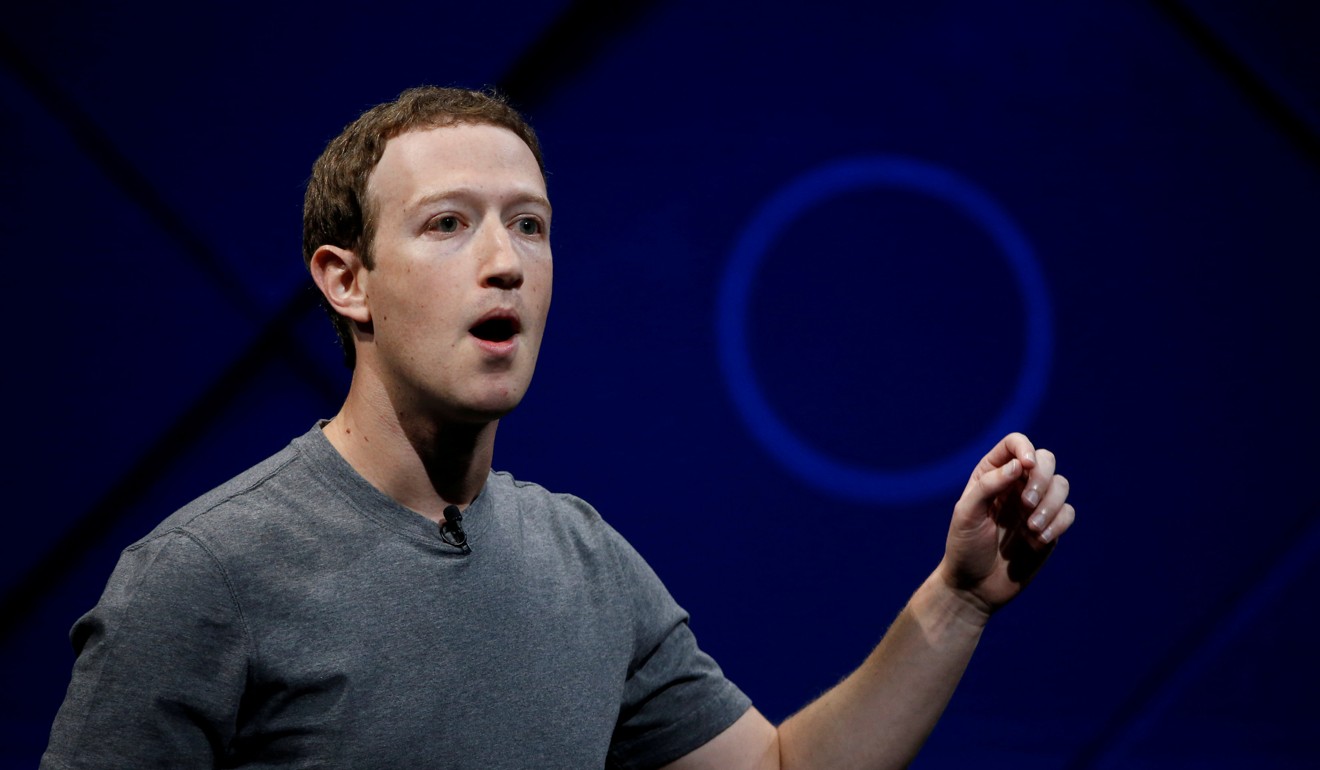
Facebook is at risk of becoming just another utility company
New privacy regulation in the wake of the Cambridge Analytica scandal means that social media companies such as Facebook are nearing the end of their super growth cycles, and could move towards becoming a utility
I have a Harvard facebook at home. The faces of young, hopeful students smile out of the yellowing pages. Thirty-five years later, it is captivating to remember them as they were.
It was an act of unintended brilliance to establish a real time Facebook internet platform – and to get the punters to provide unlimited reality content. It was the age of innocence. What could possibly go wrong?
There is a cartoon circulating with a speech bubble over a kid saying to Facebook founder, Mark Zuckerberg, “My dad says you’re spying on us.” Zuckerberg replies, “He’s not your dad!”
Why does Google, Facebook, or any digital platform need to know where you have been, your private contact lists, and your complete user traffic over the last decade? It’s all for your own good. To help you. How else can Google tell you that there is a restaurant, or ATM, or petrol station nearby? And it’s free because your data, combined with that of millions of others, can be exploited.
It can tag your face; it knows where you live, what social events you like, every video you’ve watched, and every friend, or unfriend. Cross-reference that with billions of other records; and multiply that by the data that Apple, Dropbox, Samsung and others who pass your data through their clouds. Somewhere, someone can find something about you that even you have forgotten. No wonder marketers, canvassers, and security services will pay big bucks for access to your data.

Where did the delivery of useful but insignificant information turn into an aggressive sales pitch? If advertisers can find out that I like aeroplanes, rugby, cars, the stock market, and have an adopted grandson – they can get my attention. Today, I am targeted by hotels that I visited two years ago. Tomorrow, as the Cambridge Analytica scandal has showed, psychological profiling and artificial intelligence could predict where I want to go. Before I know myself.
A recent panel on artificial intelligence at the Harvard Business School had the audience noisy on the prospect of machine learning but silent on the questions of privacy, cybercrime and cyber warfare. The privacy genie is out of the bottle – we cannot rely on our secrets remaining undisturbed. Not in the US; not in Russia; not in China where data is now deliberately used to award social credits that “reward” good behaviour. Where does good behaviour stop and national security begin? Only Europe is properly tackling privacy by threatening big fines for companies infringing the new General Data Protection Regulations. Even if your data is not sold, it can be hacked – indeed, it may have already been hacked.
Most users will continue to ignore privacy issues, as they cannot see the consequences. Indeed, only in the last year have we begun to understand that social platforms can be used to display scenes of violence, fake news, hate speech, and theft of identities and secrets. Facebook has been caught peddling data that we never knew was acquired; caught cross referencing it for advertisers; caught avoiding taxes; caught having self-serving terms of use; caught being used for political campaigning; caught having inadequate safeguards for its 2 billion customers. What was started as something innocent has already been twisted malevolently.

Facebook is the new religion; it is the new opiate of the masses. As a result, it is now the seventh largest listed company in the world, claiming 30 per cent of humanity as its customers – and it was only founded 14 years ago. Crack cocaine was never more addictive.
This is a turning point for privacy regulation in the West. It will result in inhibitions for social networks to grab and sell bulk data. That will make them less valuable as economic entities. Facebook is largely a one trick pony, a single use platform, unlike Amazon, Apple and Google. All industries spark, shine and decline, as did canals, coal, steel, cars, TV, photographic film, cassette tapes and the CD. Unless Facebook changes its strategy, its meteoric growth is threatened and it will move towards becoming a utility. Perhaps that is the reason why it has lost a quarter of its value on the stock market since the end of January.
Facebook may decline in prominence because of US regulation, but elsewhere around the world, privacy will be honoured in the breach. Your data is too valuable. As George Orwell said in his book Nineteen Eighty-Four: “He who controls the past controls the future, he who controls the present controls the past”.
Richard Harris is a veteran investment manager, banker, writer and broadcaster and financial expert witness

